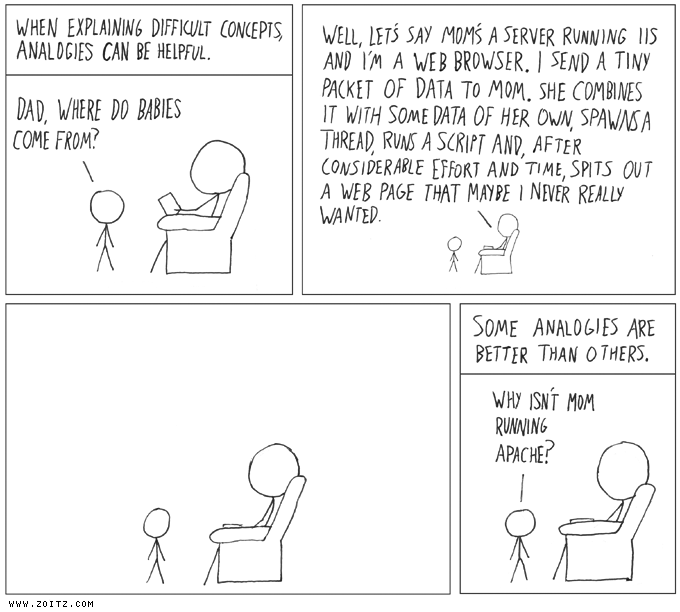First and foremost, doubts about which God is the "right one".
That's not doubt, that's tactics.
It doesn't look like tactics from my perspective.
For one, how is one to know that God is the same person/personality in all the scriptures?
Because the same essential qualities which can only be attributed to God, the Supreme Original Cause, is present in all the scriptures. At least the ones readily available to us.
Would you say that as long as a scripture says that God is the Supreme Original Cause, that scripture is valid, regardless of what else it might say about God?
You're taking it out of context. Any scripture you can get i.e. bible, qur'an, BG, all give account of these essential qualities belonging to a single personality, commonly known as God. One does not need to have a positive outlook to understand this, one only need to be able to read and understand at a basic level. Whether one believes or not, is an entirely different matter.
Perhaps many people are not able to understand things not even on a basic level.
I would be weary of someone claiming to know the (absolute) truth.
So would many other people. But this doesn't seem to bother absolutists.
Why this matters: If someone really knows the absolute truth, then one would be wise to listen to them, no? But if one doesn't know the absolute truth, then one cannot assess whether someone else knows the absolute truth or not.
So what is an unenglihtened person supposed to do when faced with people who declare to know the absolute truth? One could only follow them if in blind faith.
But one thing is for sure we can all recognise truth, whether we are educated or not.
I don't know about that.
I can't imagine what "superior knowledge" is?
Knowing what The Truth is, the content of The Truth.
For example, I've heard people claim that God's name is Jehovah, and no other, or that in order to obtain salvation, one must believe in Jesus, and that otherwise, salvation is impossible.
Someone making such claims surely must be omniscient, lying or lucky.
Surely you can find out, now that you're grown up, whether they were telling the truth per Gods' decree, by pitting their actions against the actions of Jesus, the object of their religiousness.
This is really tricky. Because any criticism I might come up with -even if I'd support it with a Bible quote- those people would turn against me and beat it down with another Bible quote. And the same happens now in my mind. So when, for example, I think of a Christian who betrayed me or hurt me, my first reaction is "I should first look at the beam in my own eye". Basically, no matter what they have done, they can claim to be exonerated by pointing out that I have faults. Bottomline, it all ends up looking like they have done nothing wrong and that I was wrong to find fault in the first place.
I really find this line of inquiry hopeless. It seems that if I were to decide whether those people acted in line with God's decree or not, I would first need to believe in God and obtain the qualifications required to do so. And this seems just too much to do just for the sake of being able to deal with the Christians in my life.
Lately, I've been thinking more in terms of a Buddhist outlook on the whole thing, thinking it was their karma to act the way they did, and that their actions ultimately don't concern me, and that I do not need to see things
their way in order to have peace of mind in regards to them.
- Of course, such an outlook is quite radical here in my life and in my state of mind.
Are you evil, delusional, or in denial, for real?
A question for you personally to answer.
This is a difficult question.
I am inclined to answer Yes. But in order to do so, I would need to believe I have a self and this self has inherent properties like "evil", "delusional", "in denial" - and I am not sure whether I have such a self or whether the self has such properties or not. So I might as well answer No.
- This has been perplexing me for a long time.


